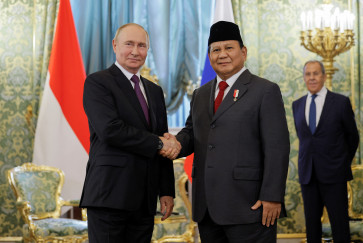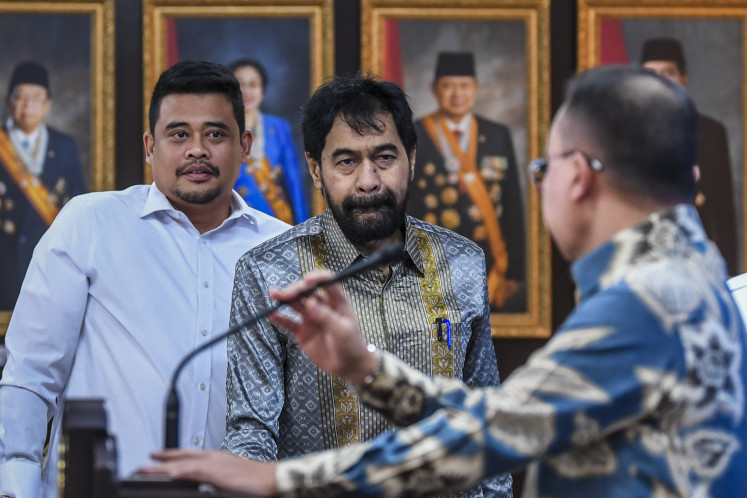Popular Reads
Top Results
Can't find what you're looking for?
View all search resultsPopular Reads
Top Results
Can't find what you're looking for?
View all search resultsPakistan faces a stunted generation in 15 years
Malnutrition in Pakistan will cost the nation heavily when 44 per cent of todayâs children of ages up to five grow up as a stunted and unproductive generation in 10 to 15 years
Change text size
Gift Premium Articles
to Anyone

M
alnutrition in Pakistan will cost the nation heavily when 44 per cent of today's children of ages up to five grow up as a stunted and unproductive generation in 10 to 15 years.
This premonition came from none other than the Ministry of National Health Services's nutrition director Dr Baseer Khan Achakzai, on Tuesday.
'Pakistan is in a state of nutrition emergency as most its nutrition indicators are worse than those in Sub-Saharan Africa,' the official told a seminar organised in connection with the Global Breastfeeding Week, which began over the weekend with the assistance from Unicef.
Although breastfeeding is quite common in Pakistan, Dr Baseer said, the practice is far behind other South Asian countries as far as 'early and exclusive breastfeeding for the first six months' is concerned.
'Protection of Breastfeeding and Child Nutrition Ordinance was promulgated in 2002 and Breastfeeding Rules were implemented in 2009 but little efforts were made to enforce them both at national and provincial levels,' he said.
Dr Baseer suggested salt iodisation and wheat flour fortification to ensure that population gets necessary vitamins and minerals.
On the other hand, National Fortification Alliance (NFA) coordinator Dr Khawaja Masood Ahmed observed that the health sector alone cannot address the malnutrition problem.
'It is a multi-sector issue,' he said, referring to water and sanitation, education, agriculture and social protection sectors.
Unicef nutrition chief Melanie Galvin, however, counted 'lack of awareness' in public as well as in general healthcare providers as 'the main issue'.
Dr Baseer later told Dawn that 30 per cent of the children under five suffer from 'acute malnutrition', meaning they are just alive.
'In Pakistan, 38 per cent of mothers ensure exclusive breastfeeding whereas in Bangladesh and Nepal the ratio is 60 and 70 per cent,' he said.
'A newborn should be with the mother within one hour after birth, and be exclusively breastfed for six months ' no water during this period. But here only 18 per cent babies are with the mother within an hour of birth,' he added.
In contrast, 41 per cent of mothers bottle-feed their babies, which is dangerous for their health. In Nepal that figure is just four per cent.(++++)









